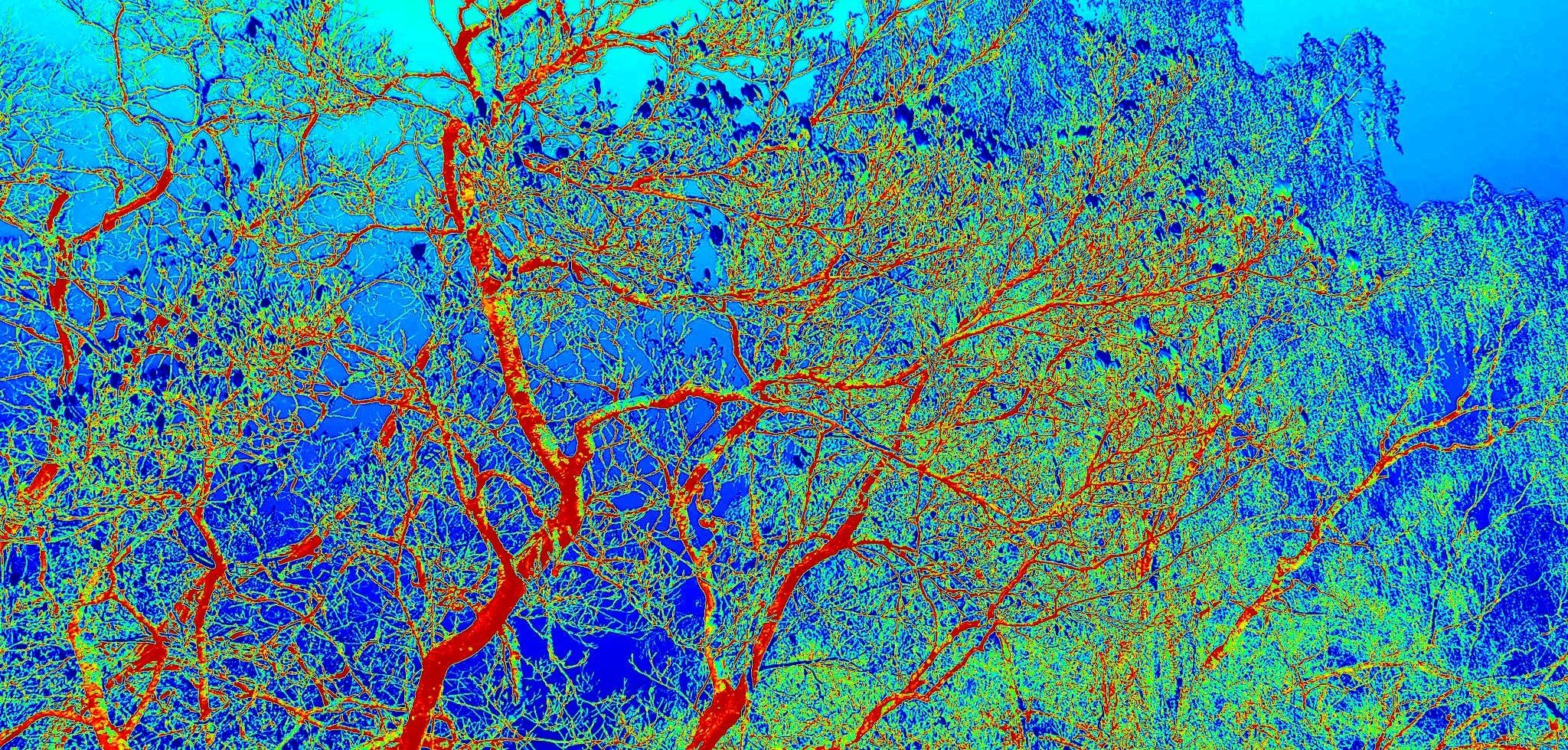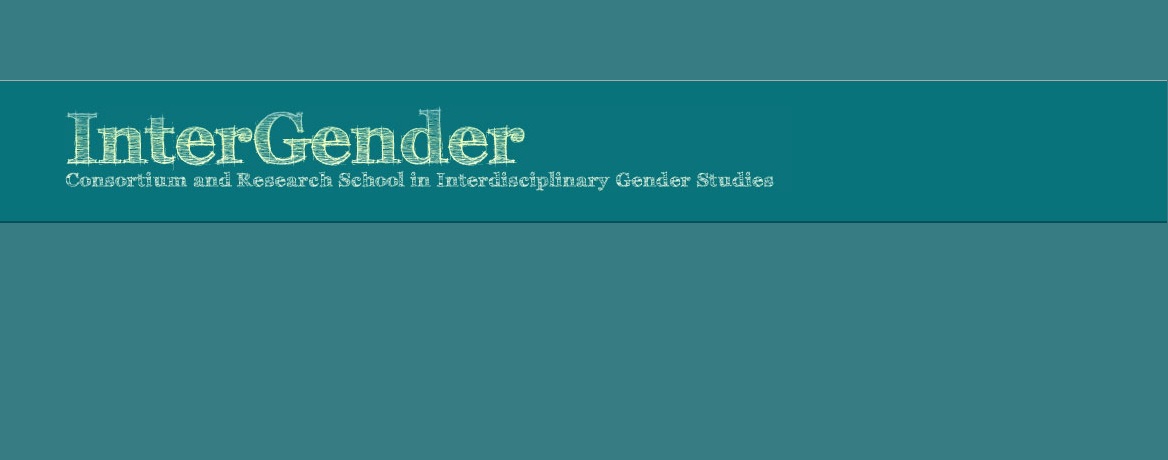-

InterGender PhD course “Researching Differently: Transdisciplinary challenges and postconventional methodologies in feminist inquiry”
Here comes an announcement from InterGender – International Consortium for Interdisciplinary Feminist Research Training: InterGender – International Consortium for Interdisciplinary Feminist ResearchTraining For this course […]
-

InterGender PhD/advanced MA course on “Debunking the method-centrism: trans/post/anti-disciplinarity and intermediation in feminist inquiry”
Check out and apply for this new exciting InterGender Consortium and Research School PhD (and advanced MA) course on “Debunking the method-centrism: trans/post/anti-disciplinarity and intermediation […]
-

InterGender PhD course “Technocultural assemblages: Methods and methodologies in focus”
InterGender – International Consortium for Interdisciplinary Feminist Research TrainingFor this course PhD candidates, but also advanced Master’s students are eligible to apply. Title of the […]